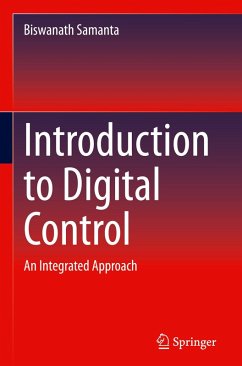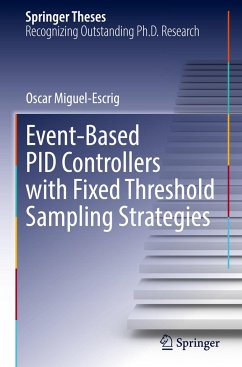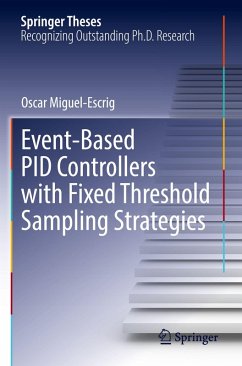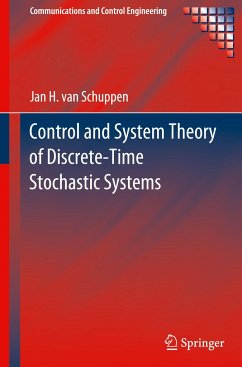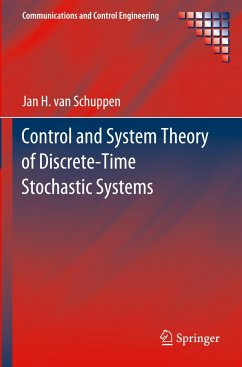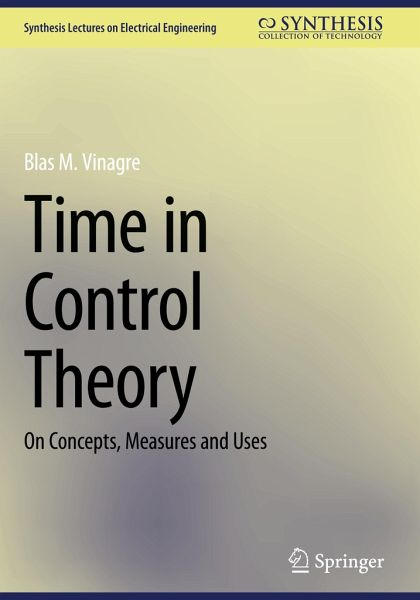
Time in Control Theory
On Concepts, Measures and Uses
Versandkostenfrei!
Versandfertig in 6-10 Tagen
38,99 €
inkl. MwSt.
Weitere Ausgaben:

PAYBACK Punkte
19 °P sammeln!
Control Theory is an interdisciplinary field of engineering and mathematics that studies the behavior of dynamic systems with external stimuli and how to modify such behavior through feedback, and the very concept of dynamic system implies the study of how the trajectories of a point in a geometric space evolve in time. Thus, time is at the very foundation of control theory, and its development and achievements are conditioned both by the conception we have of it and by our way of measuring and using it. Following a quasi-chronological order, this work aims to give an overview of how these con...
Control Theory is an interdisciplinary field of engineering and mathematics that studies the behavior of dynamic systems with external stimuli and how to modify such behavior through feedback, and the very concept of dynamic system implies the study of how the trajectories of a point in a geometric space evolve in time. Thus, time is at the very foundation of control theory, and its development and achievements are conditioned both by the conception we have of it and by our way of measuring and using it. Following a quasi-chronological order, this work aims to give an overview of how these conceptions and these ways of measuring and using time are reflected in the paths followed by control theory from its origins to the present day.




